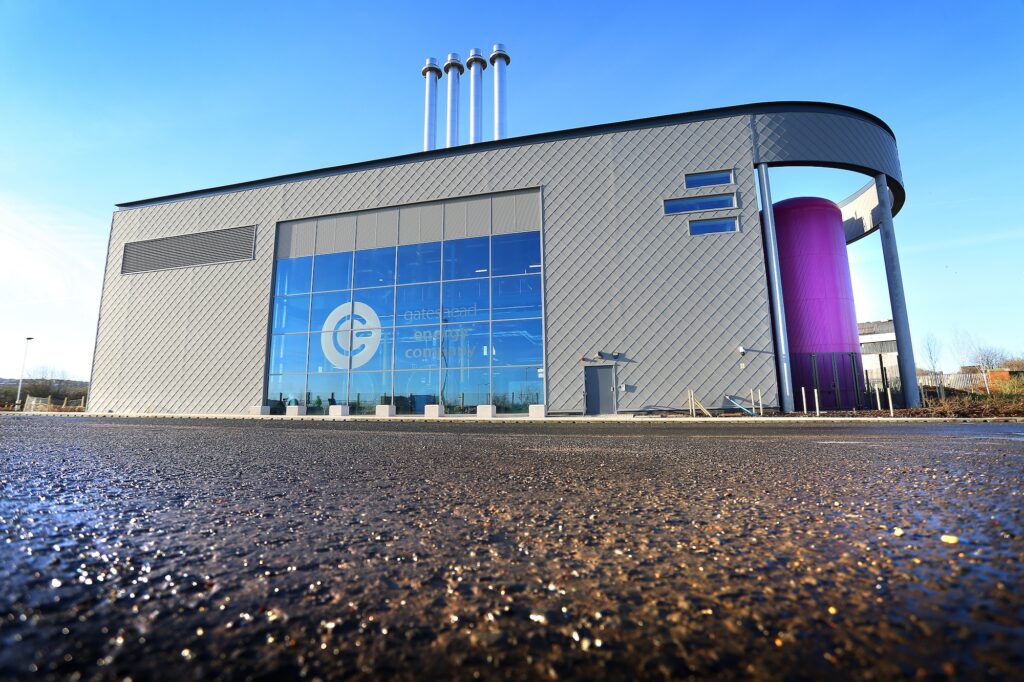
Gateshead
Pupils at a Tyneside secondary school are leading the way in tackling climate change.
The youngsters from XP Gateshead school in Felling have been working with climate education charity SOS-UK to create a Climate Action Plan (CAP) for fellow students and staff.
The school CAP project is led by 10 students in the school’s Climate Action Group,
Workshops help develop the CAP focusing on green careers, climate education, reducing carbon, adaptation and biodiversity.
An energy auditor from Inspired Energy has visited the school, with pupils taking part in the audit of the school and using the findings to develop energy saving ideas.
The school will also be hosting a climate scientist and a biodiversity expert.
Gemma Sarigu, CAPs coordinator with SOS-UK, who is supporting the student group, said: “It’s exciting to be leading a truly student-led CAP for this school. We have young people involved in every stage.
- Read more: There’s a bright golden haze on Rainton Meadows
- Read more: A jaw dropping performance…
“The Climate Action group at XP Gateshead have been passionate about the environment and tackling the climate crisis right from the start, but it’s been amazing to see the difference in their confidence once they realised that they can make a difference and changes in their school.”
Martin Said, a teacher at XP Gateshead, said: “This important work will have a direct impact on the carbon footprint of our school and so will leave a legacy long after our student leaders have left the school.”
Meanwhile. Gateshead Council’s District Energy Network (DEN) has reached a climate change milestone by operating for over 40 hours with no gas emissions — a big step forward to its goal of reaching net zero in 2030.
The DEN started providing heat and power for Gateshead in 2017 and for most of that time its main source of energy has been two gas powered combined heat and power engines housed in its District Energy Centre.
Last year, mine heat pumps exploiting water from old mine workings were added as an alternative fuel source, reducing our reliance on gas and cutting carbon emissions.
Another development is buying in power from the National Grid at times when there is surplus renewable energy available, and the price is cheaper.
Cllr John McElroy, cabinet member for the environment and transport, said: “For the first time, we were able to turn our gas CHP engines off for a full 24 hour period and actually that gas-free period then extended to over 40 hours.”

Durham
Durham County Council is committing to over 200 actions as part of its efforts to tackle climate change.
The council’s Cabinet has agreed its third Climate Emergency Response Plan, setting out 232 actions over the next three years to help achieve its target of reducing council emissions by 80 per cent and achieving net zero emissions for County Durham by 2045.
Through its first two climate plans, the council has achieved a 61 per cent reduction in its carbon emissions, which have fallen from 105,000 tonnes of carbon dioxide in 2008 to 41,733 tonnes in 2022-2023.
Actions have included the decarbonisation of street lights and of heating in council buildings, nature restoration and tree planting programmes, and the transformation of Morrison Busty depot into a low carbon operation.
The Street Light LED replacement programme has already saved over £5.5m in energy costs and will continue to create savings.
Other measures include the completion of walking and cycling infrastructure for nine towns; energy efficiency grants awarded to over 500 businesses; over 1,000 hectares of blanket bog restoration; expansion of the county’s electric vehicle charging infrastructure with 250 new charge points and progress with the Seaham Garden Village minewater heat programme.
The new plan includes introducing wind turbines at the authority’s Hackworth Road depot.

Newcastle
Newcastle City Council has appointed climate change expert David Trousdale to lead its team working towards its target of Net Zero.
David Trousdale is set to join the authority to lead their Net Zero team after years of experience working on climate change projects.
Council initiatives have already included the decarbonisation of 30 key buildings, the planting of 8,500 trees and 657 metres of hedgerow while pop-up waste collections have led to 26 tonnes of rubbish being recycled.
Projects have seen a 42 per cent reduction in CO2 emissions since 2005 with the authority reducing its own emissions by 65 per cent in 10 years.
Mr Trousdale, a chartered member of the Chartered Institution of Transport & Logistics, said: “I am passionate about tackling climate change and I am looking forward to working with the team in Newcastle.”
Matt Wilton, city council deputy chief executive, said: “David brings a wealth of experience on innovative net zero initiatives and his expertise will be invaluable in supporting us to reach our goals and create a cleaner, greener, healthier city.”











